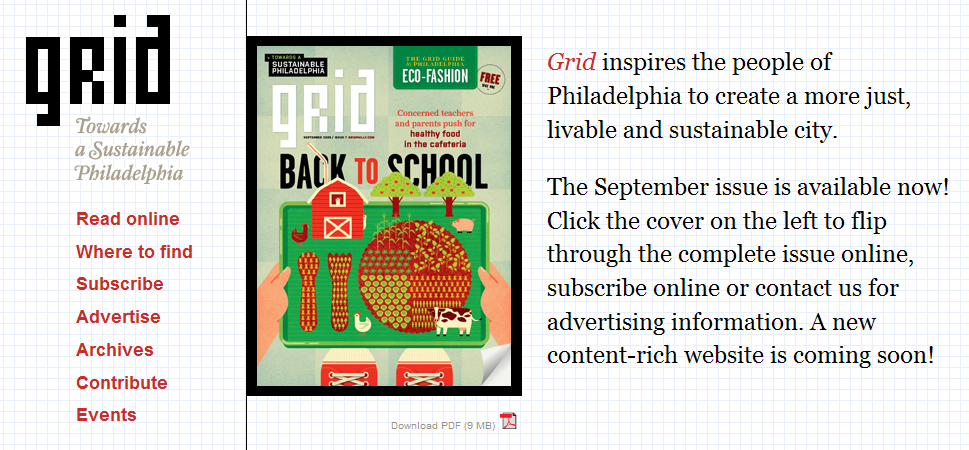I was inside Di Bruno Bros., Philadelphia’s beloved, 70-year-old artisan cheese shop and gourmet delicatessen, when something very apparent sunk in for me.
They’ll sell me a block of Manchego sheep’s milk cheese for $5, or bratwurst or beef from the region for a few dollars a pound. It’s profitable and prominent.
But I’d bet Di Bruno Bros. makes a lot more money per minute of staff effort on its catering business than any retail experience it could create. Rather than having one person buying one block of cheese, any successful retail operation wants to use its economies of scale to up production and get more revenue for its effort by servicing tens or hundreds of people at the same time.
If you have a news site, then what is the back-end service that is really going to make the money needed to fund journalism?
That is a long-held foundation of retail service that journalism should take a lesson from. (And it’s just one more lesson we should be learning from other low-yield businesses).
Continue reading Why Journalism should be like the catering business



